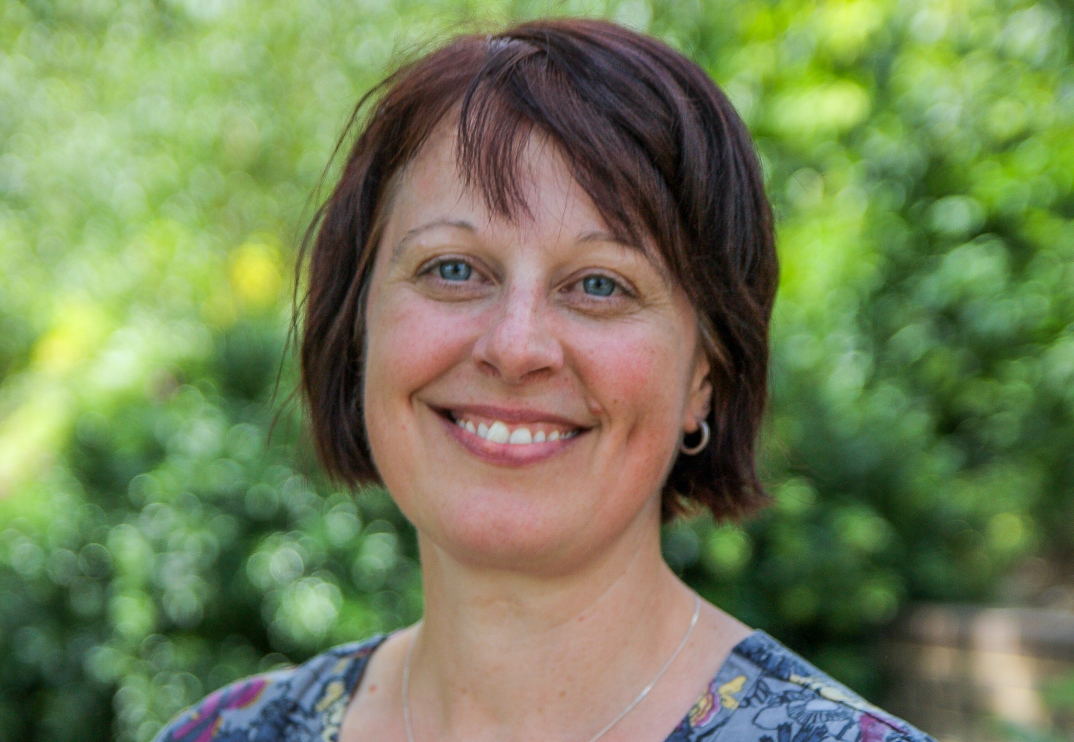
Led by the University of Stirling, with contribution from researchers at the Universities of Oxford and Kent, the £265,000 project is funded by the National Institute for Health and Care Research (NIHR).
The aim of the 18-month study is to explore the changes that the health visiting service has undergone over the past two years and provide recommendations to enhance organisation and delivery as part of a post-pandemic recovery.
Principal investigator, Dr Erica Gadsby, a senior lecturer in public health at the University of  Stirling (pictured right), said, ‘Health visiting is a key component in ensuring the health and wellbeing of children across the UK. Following the onset of the pandemic in March 2020, services across the UK had to change and adapt to the situation very rapidly. Many staff changed their roles, some services were scaled back, and others moved to virtual delivery, different professionals worked together in different ways, and everyone had to get used to working with personal protective equipment in all face-to-face contacts.
Stirling (pictured right), said, ‘Health visiting is a key component in ensuring the health and wellbeing of children across the UK. Following the onset of the pandemic in March 2020, services across the UK had to change and adapt to the situation very rapidly. Many staff changed their roles, some services were scaled back, and others moved to virtual delivery, different professionals worked together in different ways, and everyone had to get used to working with personal protective equipment in all face-to-face contacts.
‘These are just a few of the ways in which health visiting was affected by Covid-19 and our study is now seeking to understand how we can learn from these experiences to improve service provision as we emerge from the pandemic.’
Researchers will undertake a ‘realist review’ - a type of theory-driven review of evidence - pulling together different forms of information related to what has happened in health visiting services since March 2020. They will use that to explore how the pandemic has affected services, service providers and families.
They will also work closely with the Institute of Health Visiting and consider evidence from health visiting and public health experts, and a stakeholder group comprising practitioners, policymakers, policy advocates and members of the public.
Dr Gadsby added, ‘This research is about learning lessons – both good and bad – from the Covid-19 pandemic, within the health visiting context. We will use our findings to recommend improvements to the organisation, delivery and ongoing post-pandemic recovery of health visiting services in different settings, for different groups.
‘These improvements will help to make services more efficient and fairer, supporting health visitors and others to deliver the best possible support to babies, young children and their families.’









